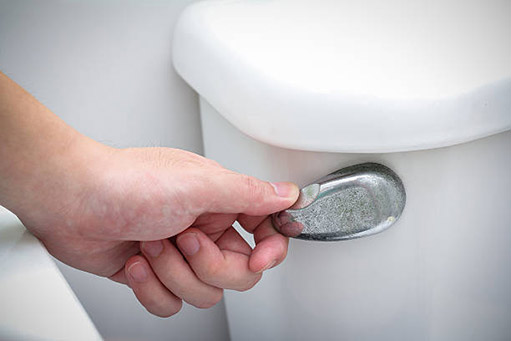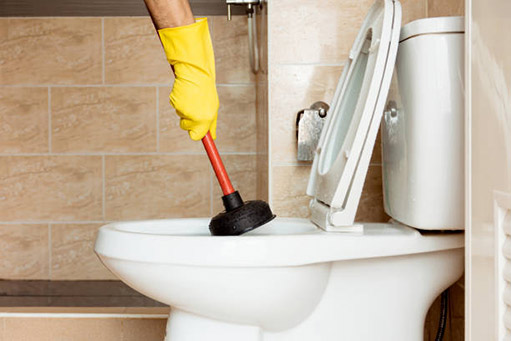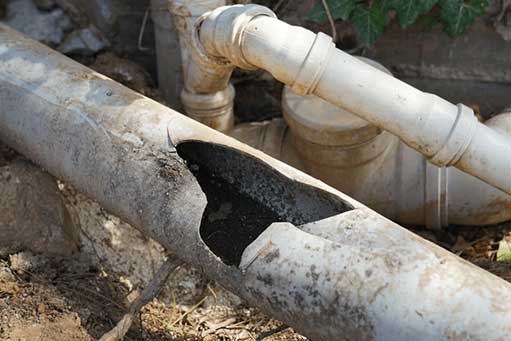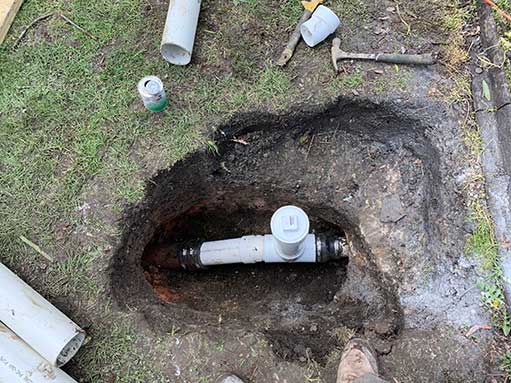In this article, we will explore the importance of maintaining your toilet’s functionality and preventing clogs that can disrupt your daily routine. Whether you are a homeowner in Downers Grove or someone interested in learning more about drain cleaning and toilet maintenance, this article will provide you with valuable tips and insights.
The Importance of Drain Cleaning
Keeping your drains clean and free from clogs is crucial for maintaining a healthy and functional plumbing system in your home. Clogged toilets can lead to unpleasant odors, overflowing water, and even damage to your property. By understanding the proper techniques for drain cleaning, you can ensure that your toilet remains in optimal condition and prevent costly repairs.
Common Causes of Toilet Clogs
Before we dive into the best practices for toilet management, let’s discuss some of the common causes of toilet clogs. By understanding these causes, you can take proactive measures to prevent clogs in the first place.
1. Flushing Inappropriate Items:
One of the main reasons for toilet clogs is flushing items that shouldn’t be flushed. Avoid flushing items such as sanitary napkins, paper towels, diapers, or any other non-biodegradable materials. These objects can easily get stuck in your pipes and cause blockages.
2. Excessive Toilet Paper Usage:
While toilet paper is designed to break down in water, using an excessive amount can still lead to clogs. Avoid using an excessive amount of toilet paper in a single flush.
3. Hard Water Deposits:
In areas with hard water, mineral deposits can accumulate in your toilet’s pipes and make it more prone to clogs. Regular maintenance and drain cleaning can help mitigate the effects of hard water deposits.

By being mindful of what you flush, you can prevent unnecessary clogs.
Tips for Proper Toilet Management
Now that we are aware of the common causes of toilet clogs, let’s explore some essential tips for proper toilet management to avoid clogs.
1. Use a Plunger:
If you notice that your toilet is not flushing properly or is draining slowly, a plunger can be your best friend. Use a plunger to create suction and dislodge any minor blockages. Make sure you have a good-quality plunger on hand for emergencies.
2. Be Mindful of Flushing:
Only flush toilet paper and waste down the toilet. If you have any doubts about an item’s flushability, it’s best to dispose of it in a trash bin instead. By being mindful of what you flush, you can prevent unnecessary clogs.
3. Educate Your Household:
If you live with family or roommates, make sure everyone is aware of proper toilet management practices. Educate them about the items that should never be flushed and encourage responsible flushing habits. This collective effort can go a long way in preventing clogs.
4. Schedule Regular Drain Cleaning:
Even if you haven’t experienced any toilet clogs, it’s a good idea to schedule regular drain cleaning services. Professional plumbers in Downers Grove can thoroughly clean your drains, remove any build-up, and ensure optimal functionality. Regular maintenance can save you from future plumbing headaches.
5. Consider a Bidet or Water Efficient Toilet:
Investing in a bidet or water-efficient toilet can significantly reduce the chances of clogs. Bidets use water streams to clean, reducing the amount of toilet paper used. Water-efficient toilets have improved flush systems, ensuring effective waste removal with less water.
Proper toilet management and regular drain cleaning are essential for avoiding clogs and maintaining a healthy plumbing system in your Downers Grove home. By following the tips and techniques discussed in this article, you can prevent unnecessary plumbing issues and ensure a smooth flow of water in your toilet. Remember to be mindful of what you flush and schedule professional drain cleaning services when necessary. Take care of your toilet, and it will take care of you!


